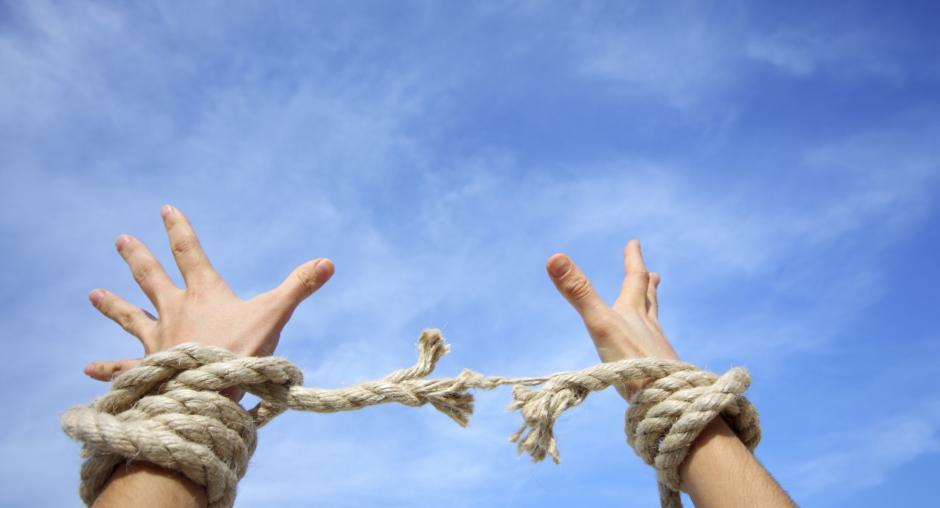World Day of Social Justice: “Fighting human trafficking means fighting poverty, unemployment and inequality”

VIENNA, 20 February 2014 – Leading officials from the Organization for Security and Co-operation in Europe (OSCE) and the International Labour Organization (ILO) today marked the World Day of Social Justice by linking the struggle against human trafficking with eradicating poverty, promoting full employment and decent work, gender equality and access to justice.
“Fighting poverty, unemployment and gender inequality while promoting decent work, access to social well-being and justice for all are fundamental to combating human trafficking,” said the OSCE Special Representative and Co-ordinator for Combating Trafficking in Human Beings, Maria Grazia Giammarinaro.
“The struggle to end modern-day slavery is very much a part of the struggle for social justice, and therefore we want to urge all members of the global community to focus on redoubling efforts to eliminate the conditions that result in the scourge of human trafficking.”
The United Nations General Assembly proclaimed 20 February as the World Day of Social Justice in 2007, inviting Member States to devote the day to promoting national activities in accordance with the objectives and goals of the World Summit for Social Development and the twenty-fourth session of the General Assembly.
OSCE Secretary General Zannier emphasized that “combating human trafficking in source, transit and destination countries is a priority of the OSCE.”
“The core issues that we highlight on the World Day of Social Justice cut across borders, underscoring the need to further increase international co-operation in order to jointly address the root causes of this security challenge.”
The ILO is one of the OSCE’s key partners in the fight against human trafficking, in particular trafficking for labour exploitation. The development and enforcement of international labour standards is crucial for an effective fight against human trafficking, and the OSCE has advocated for the ratification of the ILO Domestic Workers Convention (C189), which entered into force on 5 September 2013.
ILO Director-General Guy Ryder said: “Far too often the search for a decent job and a better life ends in the nightmare of debt, poor working conditions, or worse still - trafficking, exploitation and violence.”
"We need concerted international efforts to ensure that women and men everywhere have the opportunity to lift themselves out of poverty through work in conditions of freedom, dignity, economic security and equal opportunity."
Giammarinaro commented: “Unfortunately, we are witnessing today a process of ‘normalization’ and growing acceptance of exploitation, which sees millions of people compelled to provide unpaid or very low paid work in conditions contrary to human dignity.”
“To be effective in the fight against modern-day slavery, we have to build a fair society that does not condone exploitation and discrimination and promotes social and economic rights.”
The three officials together stressed that “as we seek to free the world of the scourge of human trafficking, we must also achieve our goal of social justice for all.”
